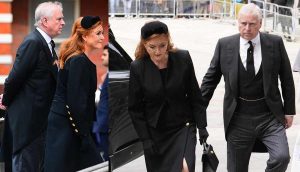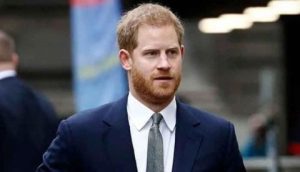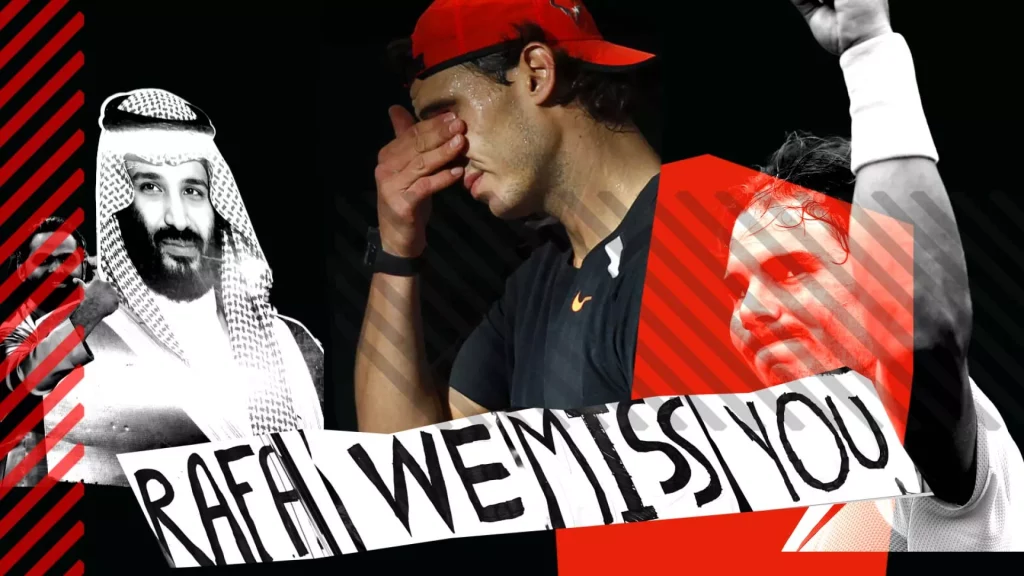
Before he was a world champion, Rafael Nadal was known as a “good person”. Accepting the offer to become Saudi Arabia’s tennis ambassador has shattered the ideal many in the country had of the player.
“Is it clear now who Rafa Nadal is?”
It’s a question that fans of the tennis star have been asking on social media, after the announcement that Spain’s favourite sporting son has inked a deal to become a ‘tennis ambassador’ for Saudi Arabia.
Nadal signed an agreement with the oil-rich Arab country to “promote the development of the sport”, but more than his actions, it was the statement he made that left Spaniards speechless: “Wherever you look, you can see growth and progress here”.
“Money buys everything?” supporters asked at first, criticising the lack of human rights in the Gulf State. Now the debate has moved on from social networks to office corridors, cafeterias and Whatsapp groups.
“I read the news at night and thought I was so tired I must have misread it, but the next day I saw it was true. The first thing I thought was: why did he sell himself? He’s got a lot of money and he’s won everything, he didn’t need it,” Jaime, from Madrid, whose idol has always been Nadal, told Euronews.
“It was such a hard blow that we could start counting the years from this moment: the first year since Rafa was sold,” he adds.
Newspapers have also been filled with letters lamenting Nadal’s decision. “I don’t understand the need to sell out like this, but I don’t blame him either: when it comes to large sums of money, dignity and honour disappear,” wrote Pablo Erskine from Alcorcón in El País.
“Is it really worth sacrificing principles for a few million more?”
Gonzalo discussed this with his colleagues during a coffee break at the bank he works for in London. “It’s hard to be objective because for me Nadal is God, but it’s clear that this is not the best thing he could have done”.
There are those who wonder why Spain’s most popular sports star has made this decision and there are those who defend their idol even in the biggest controversies.
“I don’t know if the agreement is good for his image, but I think he is doing it for the development of tennis and his academy, not for the money. I still believe in Nadal’s values and principles,” says Jorge, a Spaniard living in Germany who says he has never missed a single Nadal match.
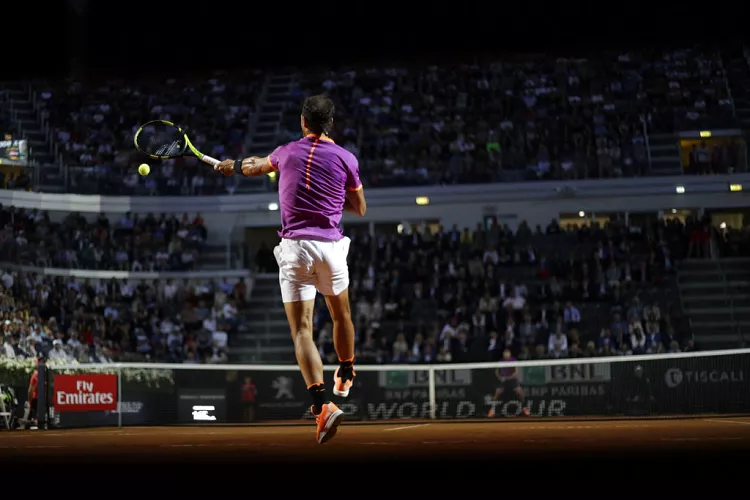
Tempted by petrodollars
Rafa Nadal is not the first, nor will he be the last sportsman to work for Saudi Arabia, which is why the Spanish reaction may come as a surprise. All the more so after keeping quiet when other athletes signed contracts with the Arab country.
Another Spaniard, Jon Rham, joined Saudi Arabia’s government-funded golf league with a contract estimated to be worth more than $500 million.
Beyond the country’s borders, Portugal’s Cristiano Ronaldo is set to pocket €200 million for promoting Saudi Arabia’s bid to host the 2030 World Cup, according to media reports.
Very little information has emerged about Nadal’s deal with the Saudis, let alone the amount of money involved. All that has been made public is that it is “a long-term commitment to help grow the sport and inspire a new generation of tennis players in Saudi Arabia”.
The statement from the Saudi Tennis Federation also said that a new Rafa Nadal Academy would be opened in the country and that the player would spend some time there.
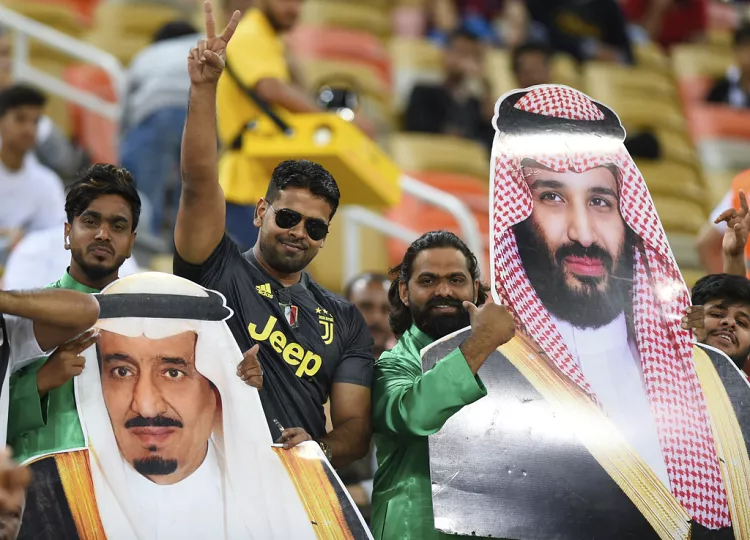
Rafael Nadal’s reputation as a role model
To understand the stir caused by Nadal’s Saudi deal it is necessary to understand his relationship with Spain. There are many who call him “Spain’s son” or “the model man”.
But how is it that (almost) all Spaniards like Nadal?
His head of communications, Benito Pérez-Barbadillo, gave the answer to the Diario de Cádiz newspaper two years ago.
“Rafa is the way people see him. He is a very normal guy and a very good person. I think Rafa is so popular because he is very authentic, without any double standards and he is not an artificial person,” he said.
The tennis player has always been seen as the boy from Manacor, a town on the island of Mallorca, who does not boast about his victories or have an eccentric attitude. A humble and generous champion who fights defeats with more work and discipline.
In 2017, in an interview with El País newspaper, Nadal said that in terms of managing his wealth, “maybe it would be better to go to another country with more favourable conditions, but where I am happy is in Spain, with my family and friends. In another country I would have twice as much money, but I would be half as happy. Money doesn’t buy happiness.”
Before he was a world champion, Rafa Nadal was known as a “good person”. Accepting the Saudi offer has shattered the ideal that many in the country had of the great tennis player.

What is Saudi Arabia after?
Since 2021, the country is estimated to have invested $6.3 billion in sports deals, although the figure is likely to be much higher, but the lack of transparency makes it difficult to know the total.
The authoritarian regime invests millions of dollars in sports to project an image of modernity.
“It is trying to promote the image of an open and developed country according to Western standards, but it is still a country that is accused of not respecting human rights,” David Hernández, professor of international relations at the Complutense University of Madrid, told Euronews.
The use of petrodollars serves Crown Prince Mohammed bin Salman’s strategy, his “Vision 2030”, launched eight years ago with the intention of diversifying the Saudi economy away from its dependence on oil.
The prince claimed that sport had contributed to a 1% increase in his country’s GDP and hoped to see further growth in the sector.
“The Saudis have realised that the international energy markets are changing, more and more renewable energy is being promoted, and so they are trying to transform their economy,” he added.
Hernández believes that Saudi Arabia is trying to achieve several goals. The first is a show of strength by signing big stars, demonstrating that it has the capacity and resources to organise whatever it wants.
The second is to send a message that it is a country that is present and open to contact with other cultures. And the final objective is to become a media powerhouse in the world.
“It is a similar model to the World Cup in Qatar. When it was organised, there were many accusations about the lack of respect for human rights and workers’ conditions, but in the end, with the World Cup, people only talked about football,” says the expert.
“The Saudi regime wants to project the image it wants the world to see of its country. It is a very studied and calculated image.”



